Breadcrumb
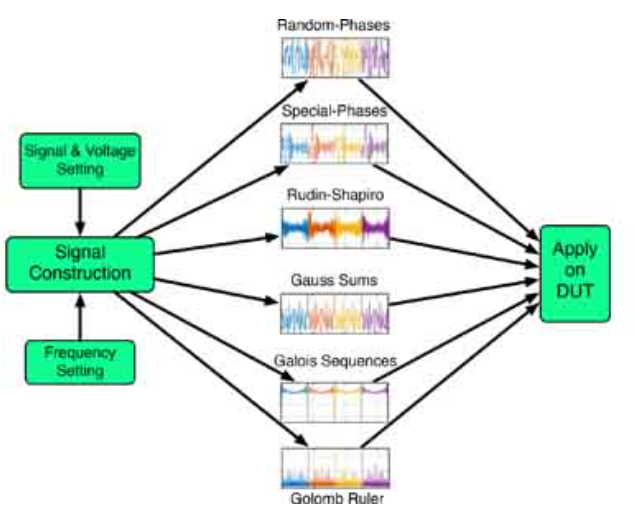
Wide Bandwidth Signals for Joint Time-Frequency Characterization of Nonlinear and Time-Varying Circuits
In this work, we generate and use a total of six different wideband signals for joint time-frequency characterization of nonlinear time-invariant [N-shaped differential resistor (NDR)] and linear time-varying (thermistor) circuits. A data acquisition board is used for applying the signals in the form of a voltage excitation and reading the induced current. The input signals have flat power spectra, thus avoiding the need for iterative calibration loops required to obtain signals with low crest factor. Such iterative loops are unavoidable when using random, pseudorandom, or chaotic signals all

Reduce Computing Complexity of Deep Neural Networks Through Weight Scaling
Large deep neural network (DNN) models are computation and memory intensive, which limits their deployment especially on edge devices. Therefore, pruning, quantization, data sparsity and data reuse have been applied to DNNs to reduce memory and computation complexity at the expense of some accuracy loss. The reduction in the bit-precision results in loss of information, and the aggressive bit-width reduction could result in noticeable accuracy loss. This paper introduces Scaling-Weight-based Convolution (SWC) technique to reduce the DNN model size and the complexity and number of arithmetic
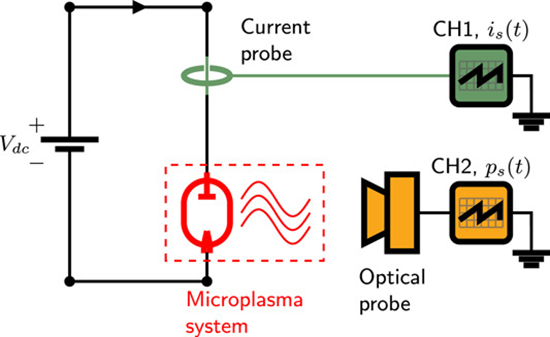
Parallel random bitstreams from a single source of entropy based on nonthermal electrochemical microplasma
This study presents the simultaneous generation of two uncorrelated and continuous high-quality random bitstreams originating from a single physical system based on confined, nonthermal electrochemical microplasma operating under atmospheric conditions. The randomness is intrinsically inherited from the time-resolved electrical current and optical emission intensities of the microplasma system, which were collected using wide bandwidth current probe and photodetection device. The parallel bitstreams pass unambiguously all 15 NIST SP 800-22 statistical tests without the need for any data post

Memristive Fractional-Order Nonlinear Model for Circuit Design
The main objective of this chapter is to bring together studies addressing the current research and history of memristive device evolution available in the literature. The chapter highlights the methodologies and frameworks relevant to the development of nonlinear memristor models suitable for future nanoscale circuit design. An elaborate study of memristor device physics, structure, operation, mathematical modeling, and TCAD simulations is carried out for better understanding of nonlinear models of memristive devices. The memristive device features and content related to memristor nonlinear
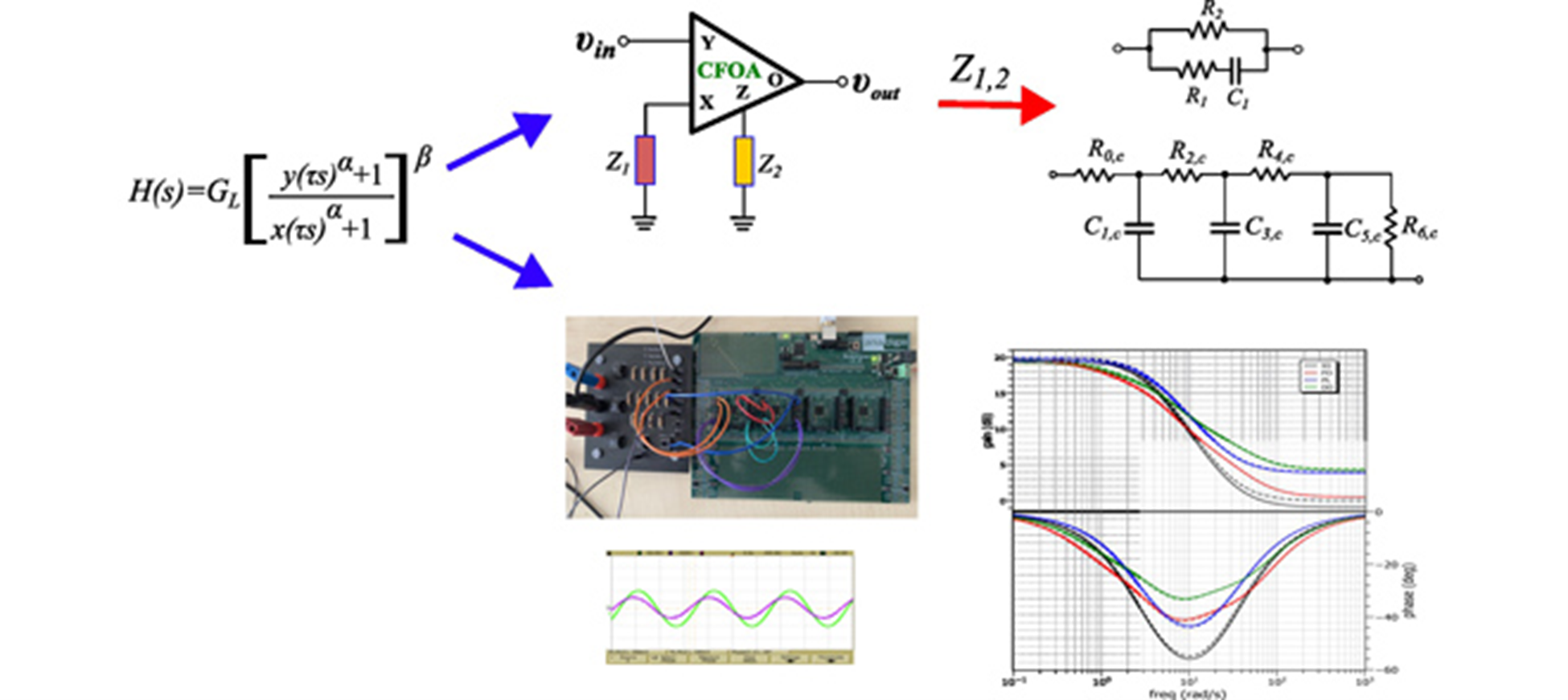
Bilinear Double-Order Filter Designs and Application Examples
A novel kind of non-integer order bilinear filters, named double-order bilinear filters, is introduced in this work. They are based on the employment of two non-integer orders, offering the maximum design flexibility in comparison with their fractional-order and power-law counterparts. An attractive offered benefit is that this is achieved without increasing the circuit complexity, since the proposed structure is capable of realizing all non-integer kinds of filters. Two design examples are provided, where it is shown that lead/lag compensators utilized in control applications and low/high
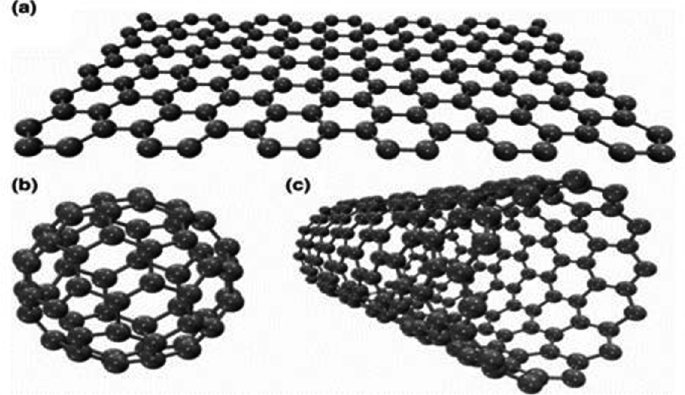
Carbon Nanomaterials and Their Composites as Adsorbents
Carbon nanomaterials with various nanostructures (carbon nanotubes, graphene, graphene oxide, fullerene, nano diamonds, carbon quantum dots, carbon nanofibers, graphitic carbon nitrides, and nano porous carbons) are the decade’s most distinguishing and popular materials. They have distinctive physicochemical qualities such as chemical stability, mechanical strength, hardness, thermal and electrical conductivities, and so on. Furthermore, they are easily surface functionalized and tweaked, modifying them for high-end specific applications. Carbon nanostructures’ properties and surface
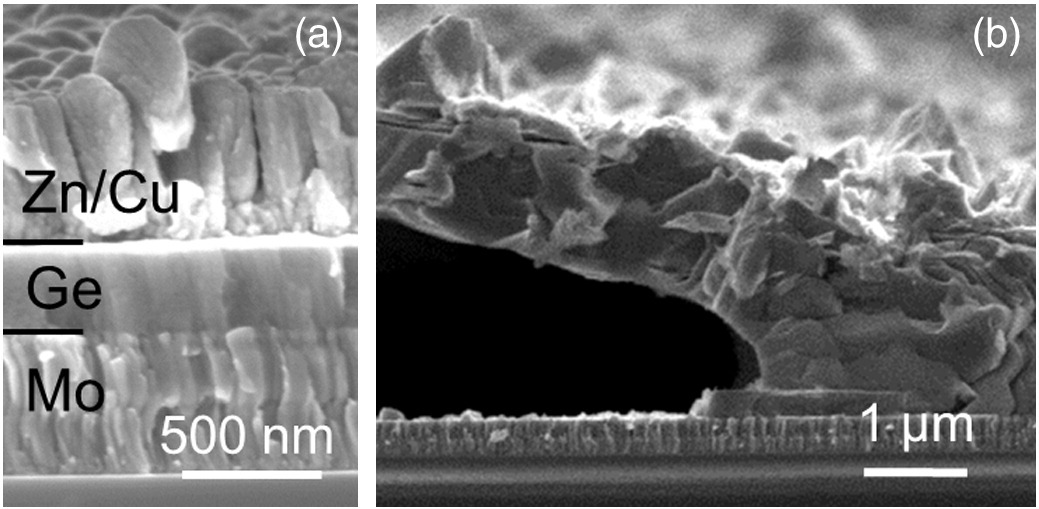
Physical characterization of Cu2ZnGeSe4thin films from annealing of Cu-Zn-Ge precursor layers
Cu2ZnGeSe4(CZGeSe) can be considered as a potential alternative for wide band gap thin film devices. In this work, CZGeSe thin films were deposited on Mo-coated soda lime glass substrates by sequential deposition of sputtered Cu, Zn and e-beam evaporated Ge layers from elemental targets followed by annealing at high temperature using H2Se gas. We report on the effect of the precursor stack order and composition and the impact of the annealing temperature on the physical properties of CZGeSe thin films. The optimal layer morphology was obtained when using a Mo/Cu/Zn/Ge precursor stack annealed

Tikhonov regularization for the deconvolution of capacitance from the voltage–charge response of electrochemical capacitors
The capacitance of capacitive energy storage devices cannot be directly measured, but can be estimated from the applied input and measured output signals expressed in the time or frequency domains. Here the time-domain voltage–charge relationship of non-ideal electrochemical capacitors is treated as an ill-conditioned convolution integral equation where the unknown capacitance kernel function is to be found. This comes from assuming a priori that in the frequency domain the charge is equal to the product of capacitance by voltage, which is in line with the definition of electrical impedance
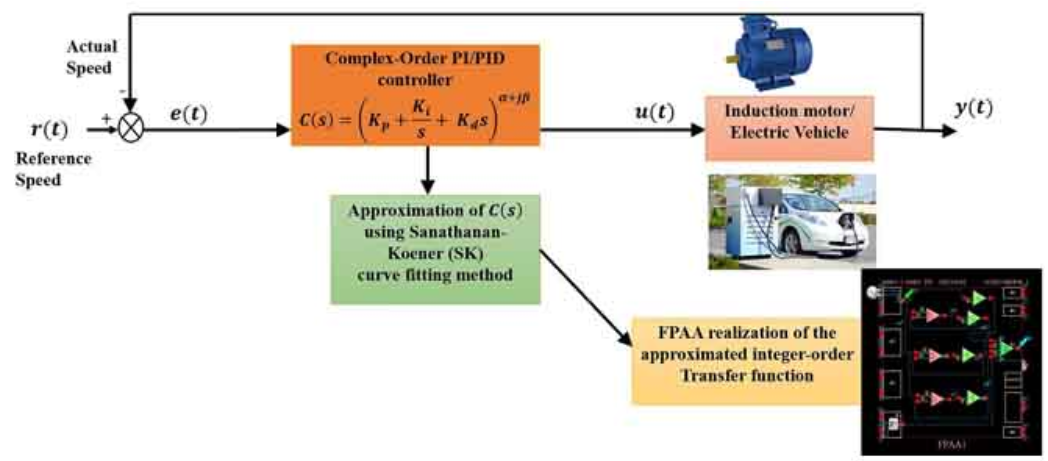
Design of Complex-Order PI/PID Speed Controllers and its FPAA Realization
Complex-order controllers are a generalized version of conventional integer-order controllers and are known to offer greater flexibility, better robustness, and improved system performance. This paper discusses the design of complex-order PI/PID controllers to control the speed of an induction motor drive and an electric vehicle. The speed-tracking performance of the complex-order controllers is compared with fractional-order controllers and conventional integer-order controllers. Implementing complex-order controllers is challenging due to commercial complex-order fractance element

In-Memory Associative Processors: Tutorial, Potential, and Challenges
In-memory computing is an emerging computing paradigm that overcomes the limitations of exiting Von-Neumann computing architectures such as the memory-wall bottleneck. In such paradigm, the computations are performed directly on the data stored in the memory, which highly reduces the memory-processor communications during computation. Hence, significant speedup and energy savings could be achieved especially with data-intensive applications. Associative processors (APs) were proposed in the seventies and recently were revived thanks to the high-density memories. In this tutorial brief, we
Pagination
- Previous page ‹‹
- Page 5
- Next page ››
